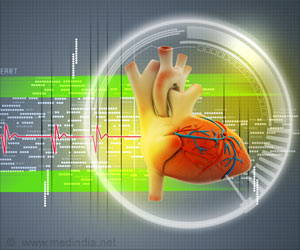
‘Heart transplantation using donation after cardiac death (DCD) with normothermic regional perfusion (NRP) is found to be feasible in the United States. Since the DCD process allows surgeons to resuscitate and assess the organ better before transplantation, the strategy may improve outcomes for patients.’
Tweet it Now
Successful resuscitation and weaning from CPB with no inotropic support was done in all hearts and was accepted for transplantation. Excellent cardiac function post-transplant was observed in all the recipients. DCD Heart transplantation
The key objective for improving the outcomes for patients relies upon the improvement of the number and quality of organs available for transplantation. Countries like United Kingdom, Belgium and Australia have successfully been using the DCD process that reinforces the present study to measure the first outcomes in the United States.
"Our study addresses an important concept - the relative shortage of donors and the need for organs. The DCD process taps into potential donors that have been used in the past for abdominal transplants but not for cardiac patients. We are excited about expanding the potential donor pool in the United States," says Dr. Nader Moazami, Surgical Director of Heart Transplantation and Mechanical Circulatory Support at NYU Langone Health.
Preliminary data shows that the DCD heart transplant approach with CPB is readily adoptable for more widespread use, and will increase donor availability in the United States. As the DCD process allows surgeons to resuscitate and assess the organ better before transplantation, the strategy should improve outcomes for patients.
Advertisement
"This is the first study of DCD-NRP transplantation in the United States, and we already have many patients at least six months out from the transplant experiencing positive results. Using traditional methods, there is not an effective way to assess the heart on the pump, but using DCD-NRP, we can measure cardiac output and hemodynamics before a decision is made to accept the heart, and hopefully we will improve the quality of the other organs," says Deane Smith, MD, Assistant Professor of Cardiothoracic Surgery and Surgical Director of the Adult ECMO Program at NYU Langone Health.
Advertisement













